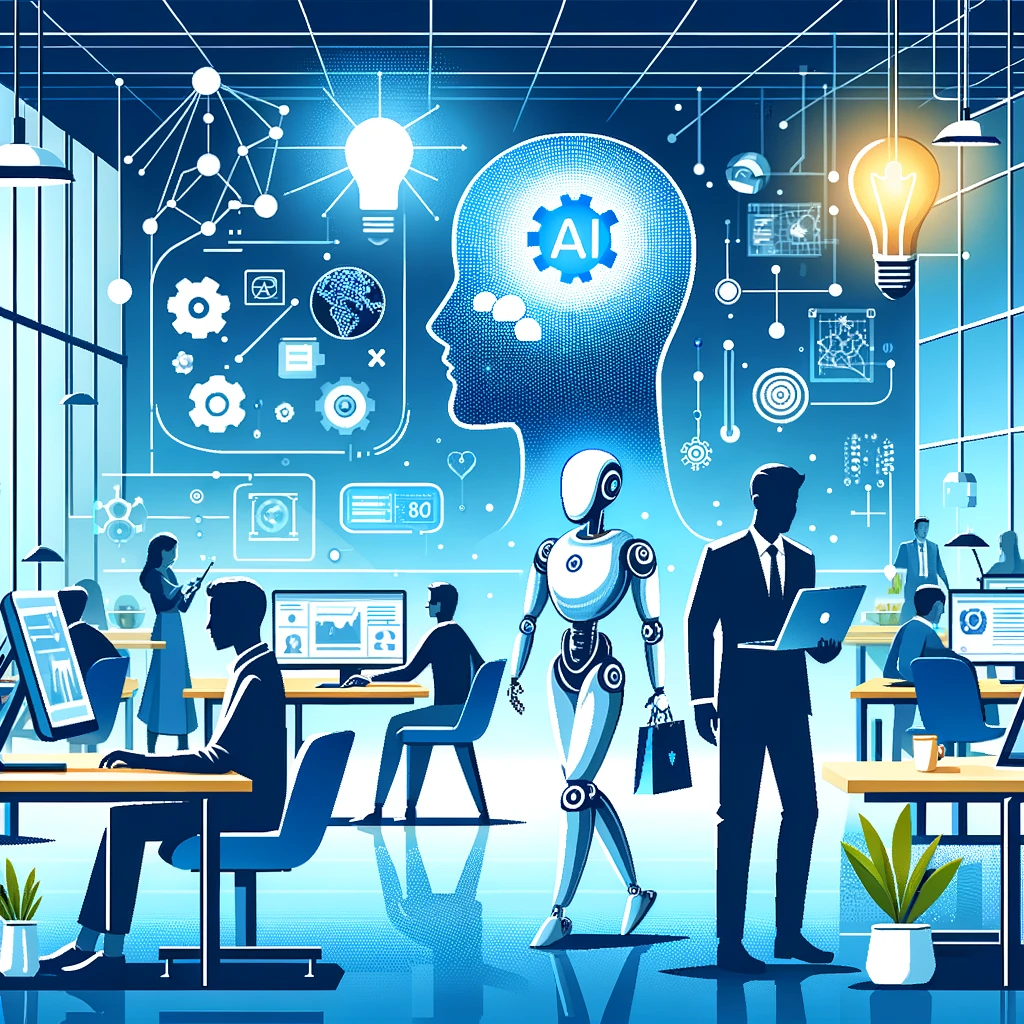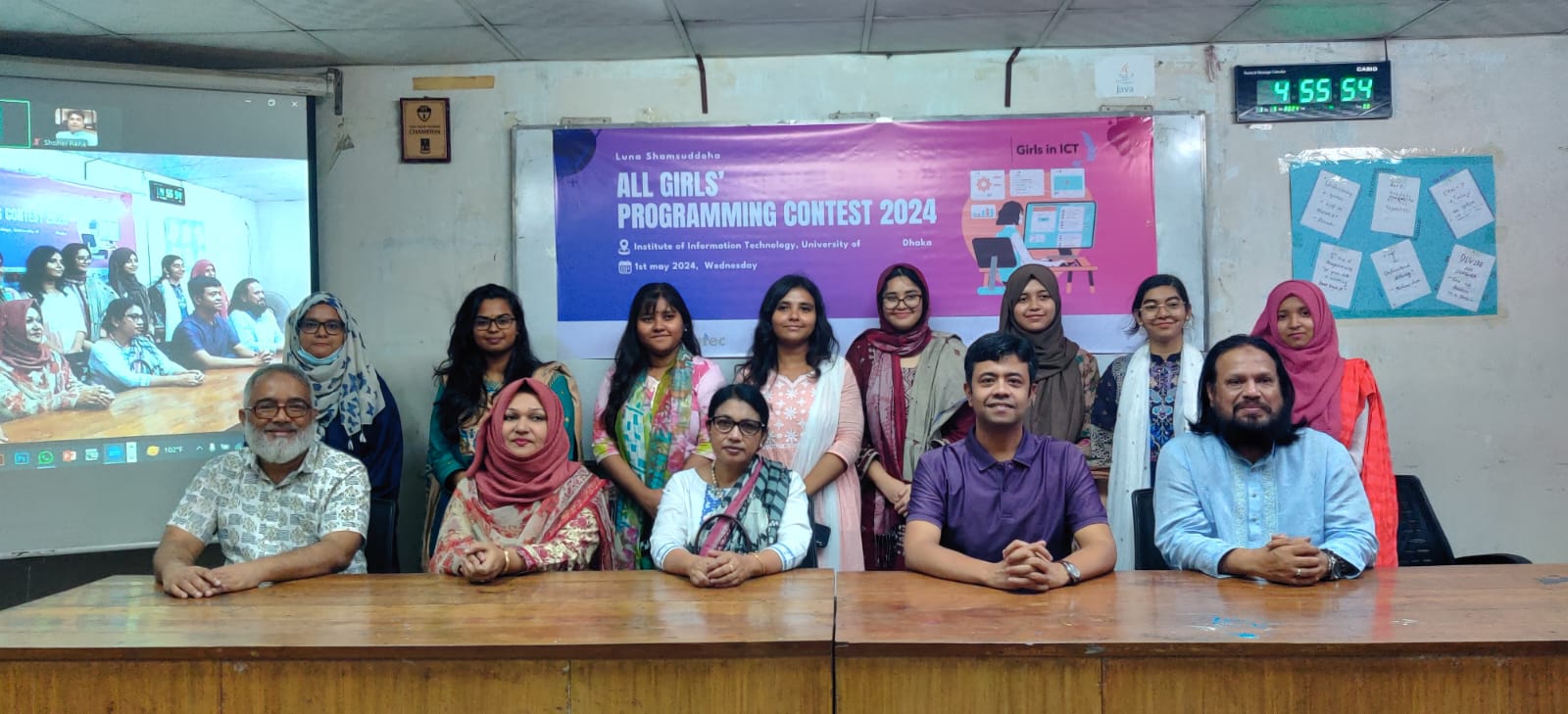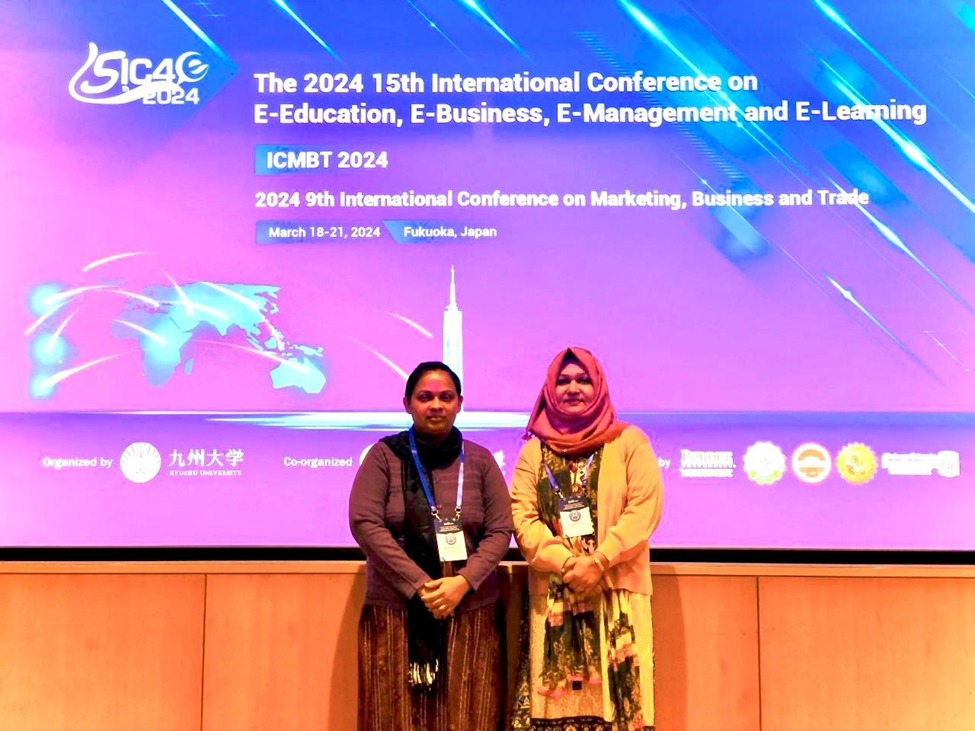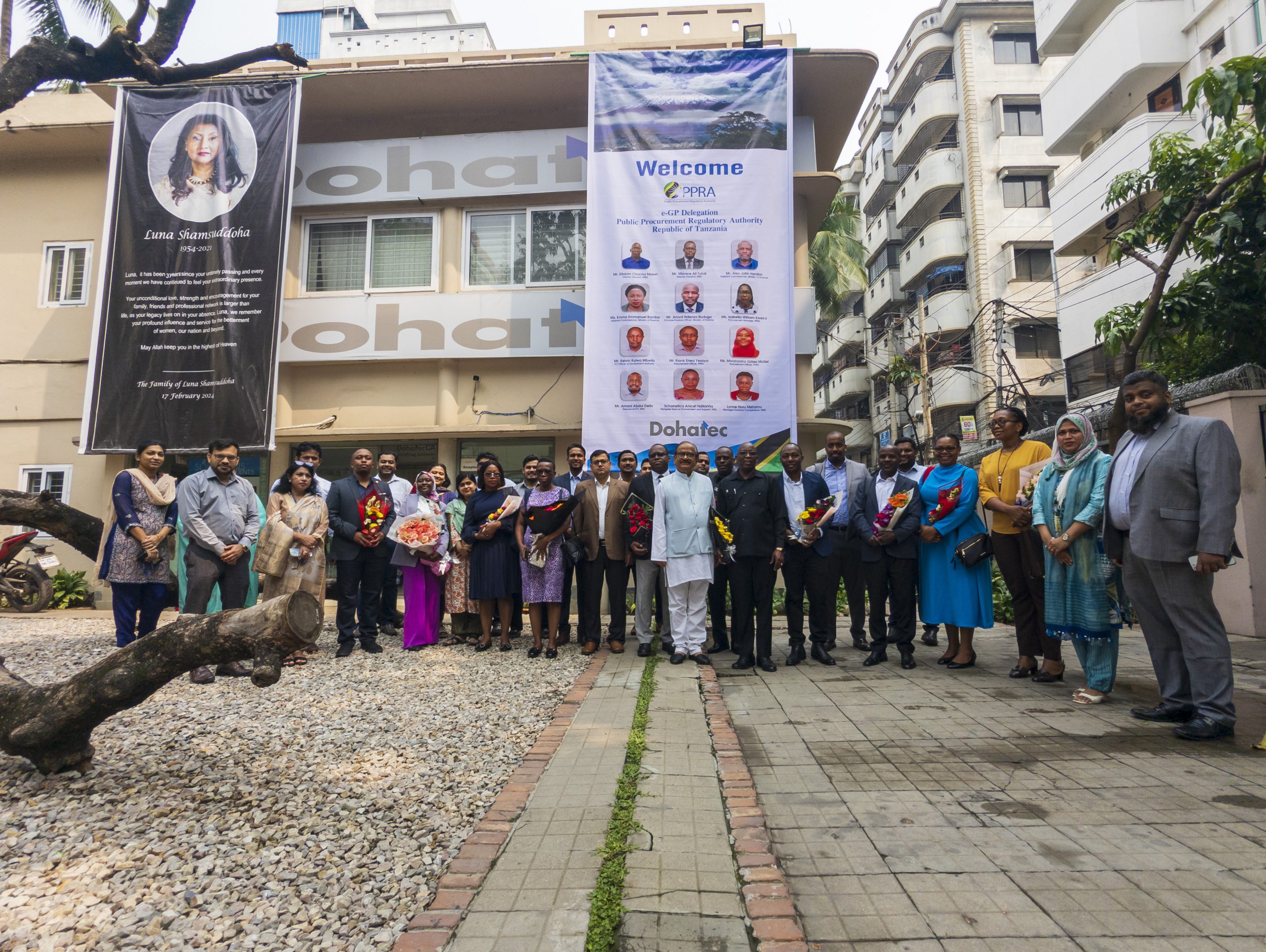As AI continues to revolutionize how we work, the key to success lies in a harmonious collaboration between humans and technology. This dynamic partnership opens new doors for innovation and productivity, provided that we strategically invest in reskilling and upskilling our workforce. By embracing continuous learning, focusing on critical human skills, and fostering a culture of adaptability, businesses can thrive in an era where humans and AI work side by side to create a brighter future.
Celebrating Innovation and Diversity: The Luna Shamsuddoha All Girls’ Programming Contest 2024
In a vibrant tribute to International Girls in ICT Day, the Institute of Information Technology at Dhaka University and the Bangladesh Open Source Network (BDOSN) co-hosted the “Luna Shamsuddoha All […]
Unveiling the Black Box: The Rise of Explainable AI (XAI)
Artificial Intelligence (AI) has revolutionized our lives, yet the lack of transparency in its complex models, often called ‘black boxes,’ remains a significant hurdle. This opacity hampers widespread adoption and […]
Deepfakes: A Technological Challenge with Legal and Ethical Implications
The rise of deepfakes, AI-manipulated media such as images or videos that look incredibly realistic, is becoming a significant threat to online trust. These videos can be used for harmful purposes, such as causing political instability, financial fraud, or ruining someone’s reputation.
To combat this threat, a multi-pronged approach is necessary. Advancements in AI can help develop detection tools that can identify subtle inconsistencies in manipulated videos. However, deepfake creators continually refine their techniques, so it’s essential to keep adapting.
Public awareness is equally vital in combating deepfakes. Educating people on critically evaluating media can empower them to distinguish between factual and fabricated content. Collaboration with social media platforms and developing robust legal frameworks are also crucial.
The future of deepfakes relies on a delicate balance between fostering innovation and ensuring responsible use. By investing in detection, education, and legal safeguards and working together towards the same goal, we can secure a more trustworthy digital space.
Going Global: Dohatec Employees Present Research Paper on e-GP Effectiveness
Dr. Qazi Mahdia Ghyas and Ms. Taslima Akter, employees of Dohatec New Media, recently presented a research paper titled “Critical Evaluation of Key Performance Indicators (KPI) in Procurement Management Information […]
Dohatec’s Iftar Mahfil: An Evening of Community and Connection
On the 3rd of April 2023, a delightful Iftar Mahfil was held at Dohatec New Media’s headquarters in Paltan in celebration of the holy month of Ramadan. The event was […]
Enhancing Efficiency: ECPS Showing Steady Progress
In the construction industry, obtaining permits on time is essential for project completion and sector growth. To address this need, Bangladesh has implemented the Electronic Construction Permitting System (ECPS), a […]
Hospitality Meets Innovation: Tanzanian e-GP Delegation Learns from Dohatec
Extending the warm Bangladeshi hospitality beyond government institutions, Dohatec New Media welcomed the Tanzanian delegation with open arms. Their visit transformed into a dynamic knowledge exchange, fueled by informative presentations and lively discussions. Dohatec, a leading e-GP solutions provider, showcased its technical expertise, offering insights into the intricacies of successful e-GP systems. The Tanzanian team actively participated, asking pointed questions and enriching themselves with the knowledge offered. A delicious lunch at Dohatec’s Paltan HQ capped off the visit, fostering a collaborative atmosphere that paves the way for potential future partnerships between Tanzania and Bangladesh in the realm of e-GP development.
Dohatec New Media Teams Up with Web Summit Qatar 2024: A Leap Towards Innovative Security and Government Partnerships
In a significant move that marks a new chapter in tech collaborations, Dohatec New Media has joined forces with Web Summit Qatar 2024, one of the world’s premier technology conferences. […]
Enhancing Efficiency: Bangladesh Mandates e-GP for All Government Procurement
Public procurement processes in Bangladesh had concerns regarding inefficiency, and potential vulnerabilities to corruption plagued the system. In response, the Bangladeshi government implemented a groundbreaking initiative – the Electronic Government […]









